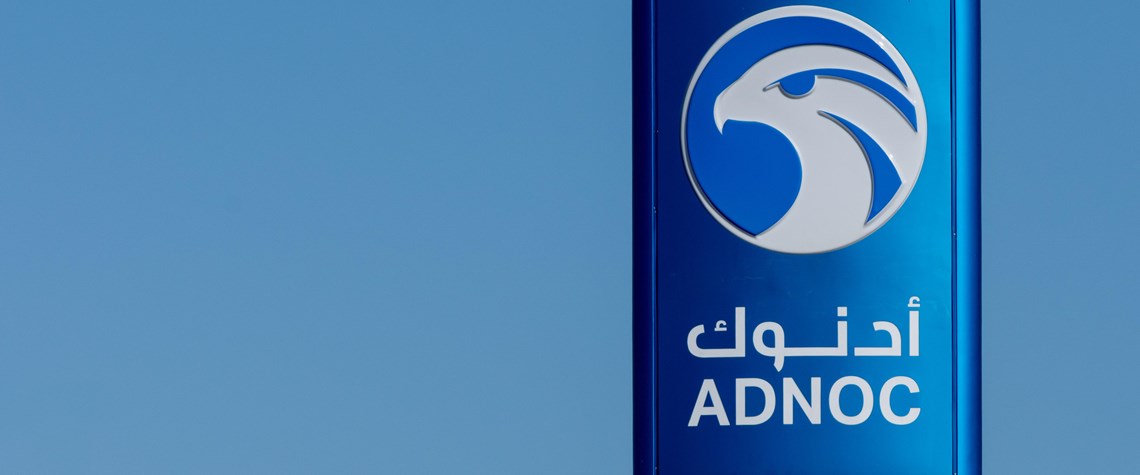UAE energy sector decarbonisation drive intensifies
Mideast Gulf state keen to highlight progress made on expanding carbon sequestration capacity and diversifying e-fuels production ahead of COP28
The pace, scope and range of the UAE’s efforts to decarbonise its energy sector are accelerating as it prepares to serve as the controversial host of the UN’s flagship COP climate change summit in less than two months’ time. State-owned Adnoc and affiliated clean energy developer Masdar have signed deals signalling intent to move into the production of green hydrogen-based synthetic methane (e-methane) with partners from northern Europe and Japan—the main target markets for the emirate’s hydrogen export ambitions. Meanwhile, Adnoc picked the run-up to COP28 to highlight its contention that plans to significantly increase hydrocarbons production are compatible with its commitment to global de

Also in this section
9 January 2026
A shift in perspective is needed on the carbon challenge, the success of which will determine the speed and extent of emissions cuts and how industries adapt to the new environment
2 January 2026
This year may be a defining one for carbon capture, utilisation and storage in the US, despite the institutional uncertainty
23 December 2025
Legislative reform in Germany sets the stage for commercial carbon capture and transport at a national level, while the UK has already seen financial close on major CCS clusters
15 December 2025
Net zero is not the problem for the UK’s power system. The real issue is with an outdated market design in desperate need of modernisation







